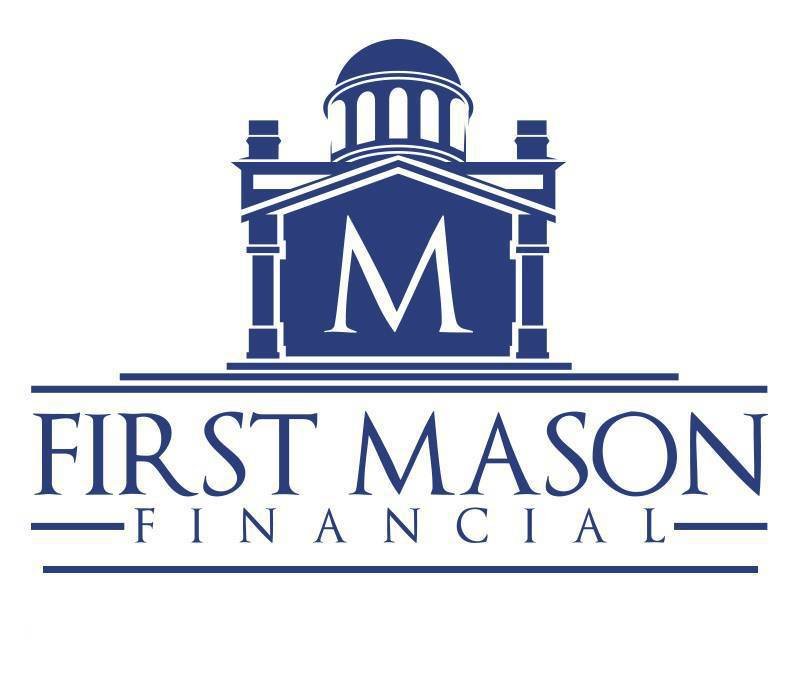35 Financial Terms You Should Know
Personal finance and investment planning can be a challenge. But the good news is that you don’t have to be a financial wiz to achieve financial health and wealth. You just have to become familiar with basic financial terms like personal assets, net worth, and inflation. If you’re just starting your personal finance and investment planning journey, we are here to help. Keep reading to learn about common financial terms, which will help you understand the ins and outs of the financial world and expand your financial vocabulary.
1. 401(k) Plan
Type of investment planning benefit offered to employees to save for retirement.
2. Annual Percentage Rate (APR)
Annual interest rate charged on an outstanding loan or line of credit.
3. Asset Allocation
Investment planning strategy that spreads assets across multiple portfolios to minimize risk.
4. Assets
Personal assets are items you own that have a monetary value, like a house or stocks.
5. Bear Market
A period of a declining stock market.
6. Blue Chip
Blue-chip companies are household names with highly regarded management teams and large market caps.
7. Bond
Bonds are loans given to governments or companies.
8. Budget
Personal finance plan that estimates income and expenses for a given period of time.
9. Bull Market
A period of a rising stock market.
10. Capital Gain
Revenue generated from the sale of a personal asset.
11. Capital Growth
The rise in the value of an investment or personal asset.
12. Cash Flow
The total amount of money moving in and out of a company at a specific time.
13. Certificate of Deposit (CD)
Type of savings account that requires you to deposit funds for a fixed period of time in exchange for a fixed interest rate.
14. Compound Interest
The addition of interest to the principal sum of a loan or deposit.
15. Credit Report
A detailed list of the money you’ve borrowed, your payment history, and your accounts.
16. Credit Score
A numeric value of your creditworthiness determined by the information on your credit report.
17. Debt
Personal debt is money owed to a creditor for a loan.
18. Diversification
The act of allocating your capital in a way that reduces your exposure to any one particular asset or risk.
19. Dividends
Payments made by a business to investors.
20. Dow Jones Index
A market-capitalized index that consists of the 30 largest U.S. companies.
21. Inflation
The increase in price for a good or service over time.
22. Interest
The fee charged by a lender for borrowing money.
23. Investing
Allocating money to a company or personal asset with the intent of gaining a return.
24. Liability
Personal liabilities are debt that you owe to someone.
25. Liquidity
Your ability to convert your personal assets into cash.
26. Market Capitalization
The total dollar value of a company’s shares of stock.
27. Mutual Fund
Type of investment fund that collects money from many investors to invest in various assets.
28. NASDAQ
An automated network that allows investors to buy and sell stocks.
29. Net Income
The amount of revenue a business earns after subtracting variable and fixed costs.
30. Net Worth
Personal net worth is the dollar value of your assets minus your liabilities.
31. Portfolio
A collection of financial assets that an individual or organization owns.
32. Principal
The amount of money invested or borrowed.
33. Recession
Economic decline that lasts for two consecutive quarters.
34. Return
The total amount of profit or loss on an investment.
35. Social Security
Government assistance given to retired, disabled, or unemployed citizens.
Personal Finance: Set Long-Term Goals
Setting long-term financial goals will help you achieve stable and constant finances. Like anything in life, financial goals will change over time. Life is dynamic, not static. So be sure to keep tabs on your progress and reassess your long-term financial goals every so often.









